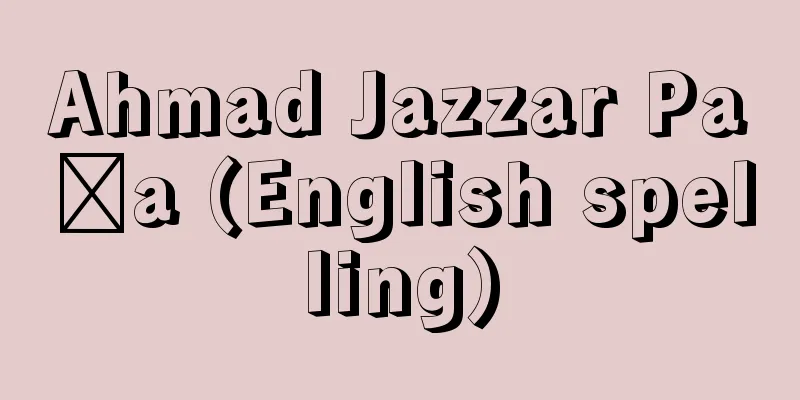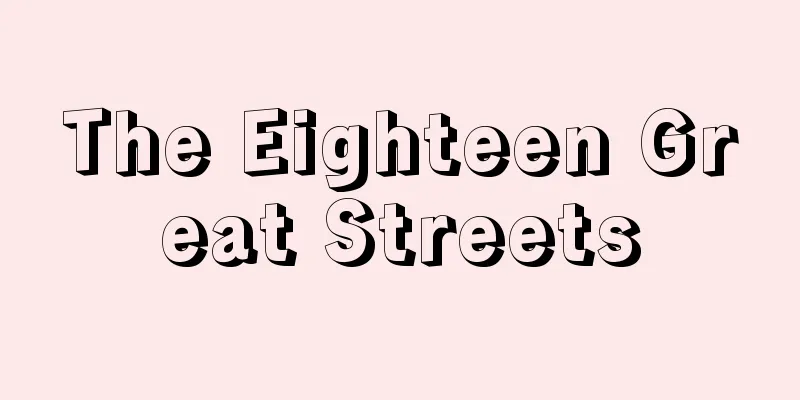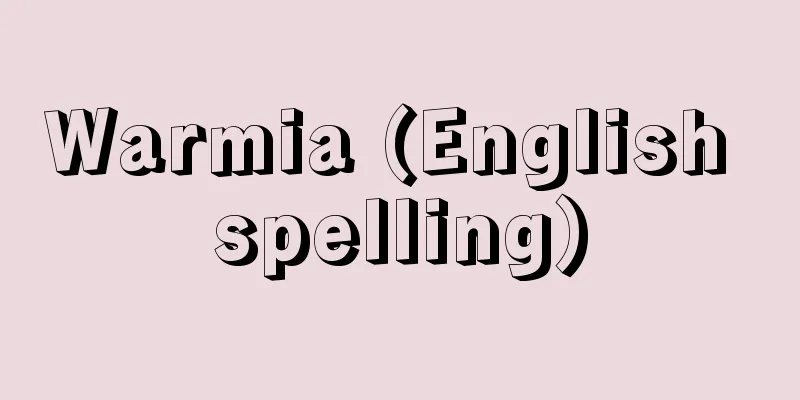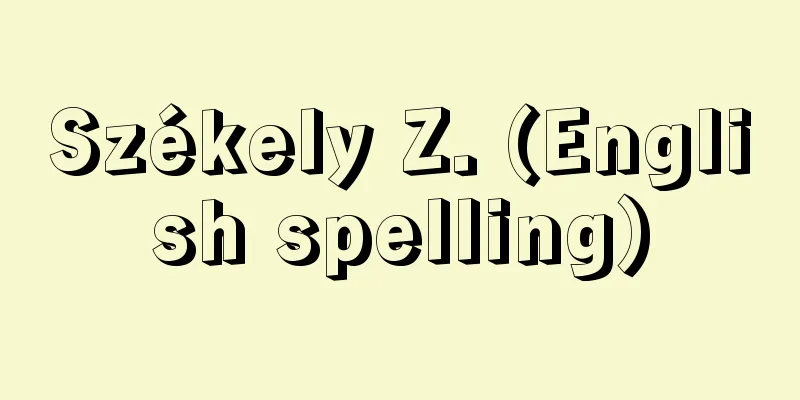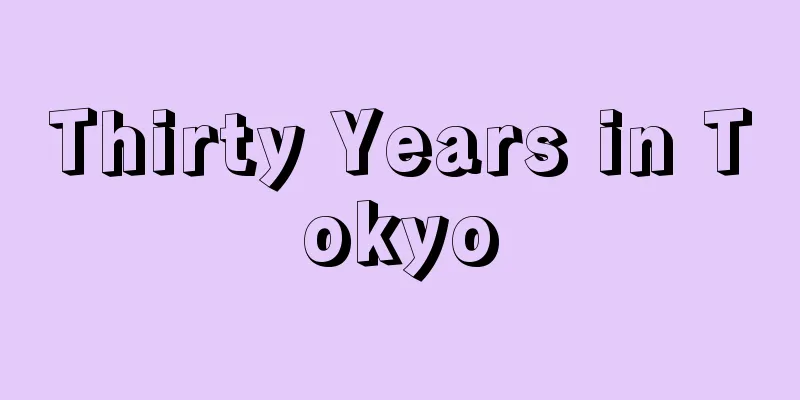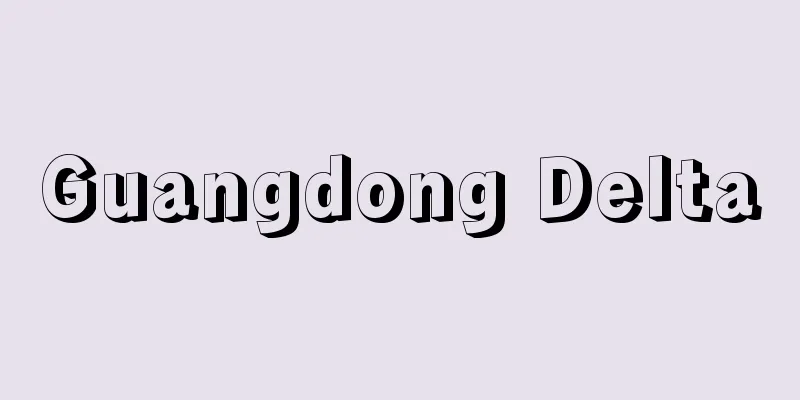Military Secrets Protection Act
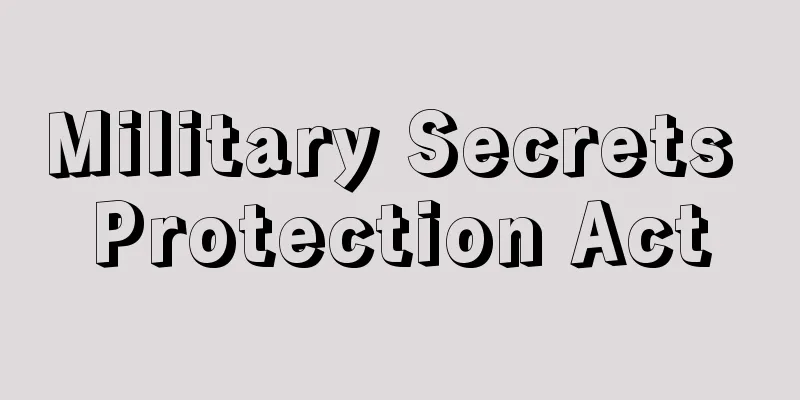
|
This law was enacted to protect military secrets in July 1899 (Meiji 32) and was fundamentally revised in August 1937 (Showa 12). It made the detection, collection, and leaking of military secrets determined by the Ministers of the Army and Navy a crime, and imposed severe penalties, including the death penalty as the maximum punishment. It applied to not only military personnel but also to civilians, and restricted not only speech and publication, but also travel, sketching, and photography, becoming one of the military's powerful means of controlling the people. It was abolished in October 1945 (Showa 20). [Akira Fujiwara] Source: Shogakukan Encyclopedia Nipponica About Encyclopedia Nipponica Information | Legend |
|
軍事上の秘密を保護するための法律。1899年(明治32)7月に制定され、1937年(昭和12)8月に根本的な改正が行われた。陸海軍大臣が定めた軍事上の秘密の探知、収集、漏泄(ろうせつ)などを罪とするもので、最高刑は死刑という重罰を課するものであった。軍人だけでなく一般人も対象となり、言論や出版のみならず、旅行や写生や撮影などまでが制限され、軍部による国民統制の強力な手段の一つとなった。45年(昭和20)10月に廃止された。 [藤原 彰] 出典 小学館 日本大百科全書(ニッポニカ)日本大百科全書(ニッポニカ)について 情報 | 凡例 |
Recommend
Lumbar nerves
… While the cranial nerves that enter and exit th...
finfoot
...General term for birds of the Heliornithidae f...
experimental epidemiology
...Specifically, a good example is to set up a va...
Tennessee
Also known as Tennies. German sociologist and prof...
Gidayu Kyogen
〘noun〙 The name given to Kabuki scripts that incor...
Labor and Industry - Labor and Industry
This is the official journal of the labor organiza...
Baru Caṇḍidas (English spelling)
...The mainstream of literature is lyric poetry, ...
Honcho Jokan - The Women's Mirror of Japan
A kana zoshi (book of Japanese characters). Possib...
Curtea de Argeş (English spelling)
A city in southern Romania. It is located in the s...
Consignment sales - Itaku bye bye
A securities company or commodity broker receives ...
Onihigesuge - Onihigesuge
...In the dry forest undergrowth, you can see the...
Dipylidium caninum
Class: Cestoda, Order: Cynodontida, Family: Polyor...
Commentary - Chuso
Commentaries that interpret the scriptures and com...
Saimaro - Saimaro
A haiku poet of the early Edo period. Shiimoto. H...
Itaura Zori - Wooden sole sandals
〘 noun 〙 Sandals with a split board stuck to the s...
